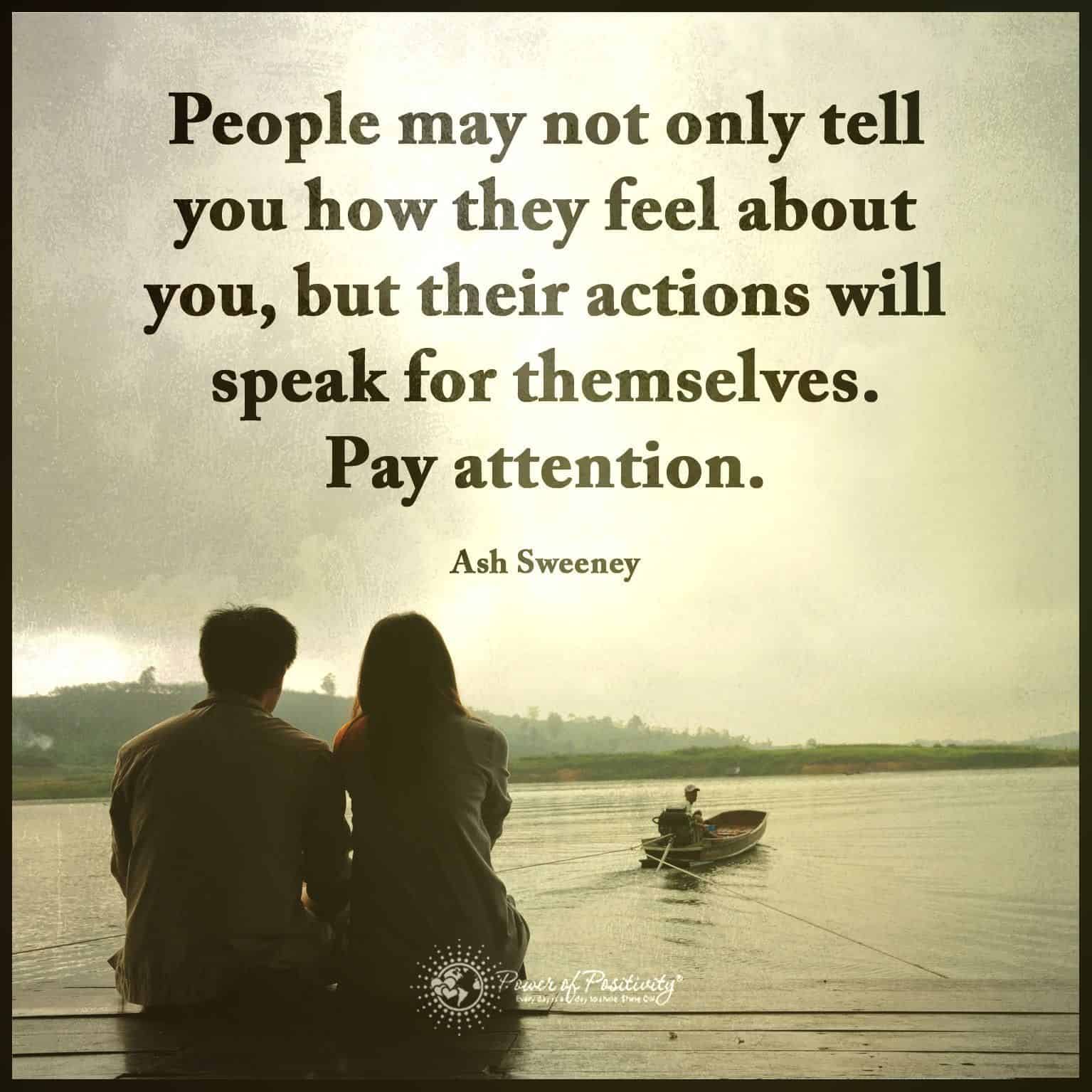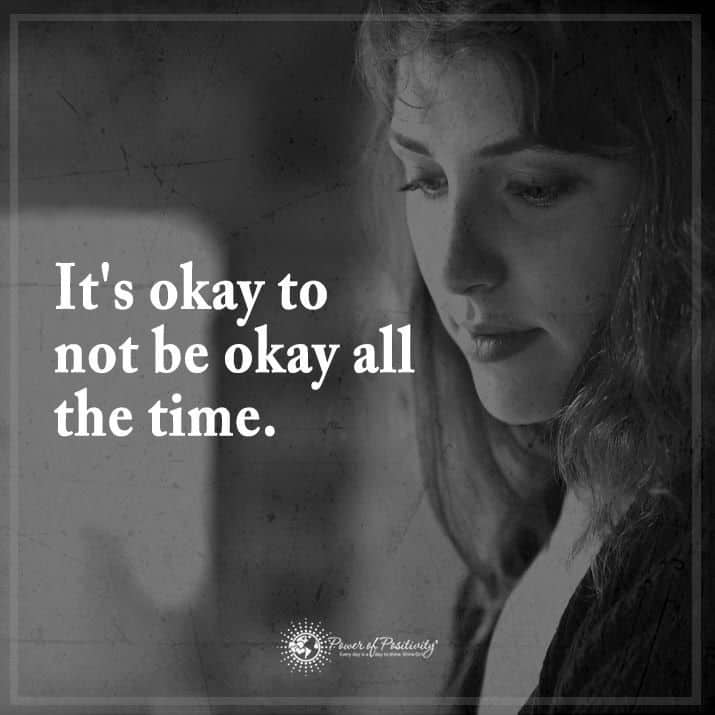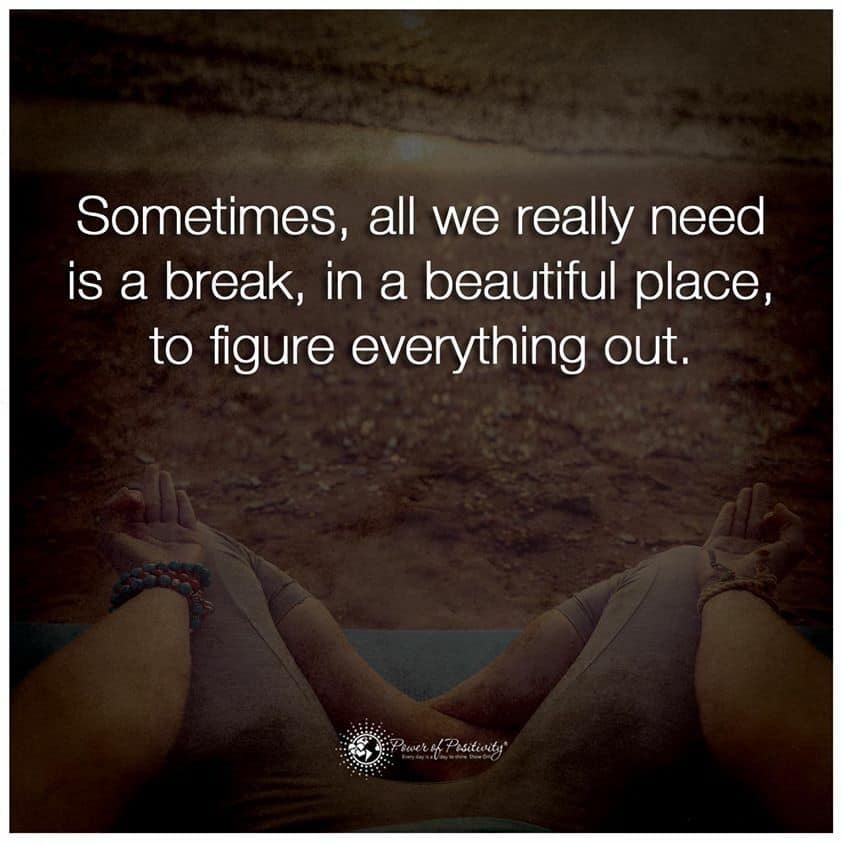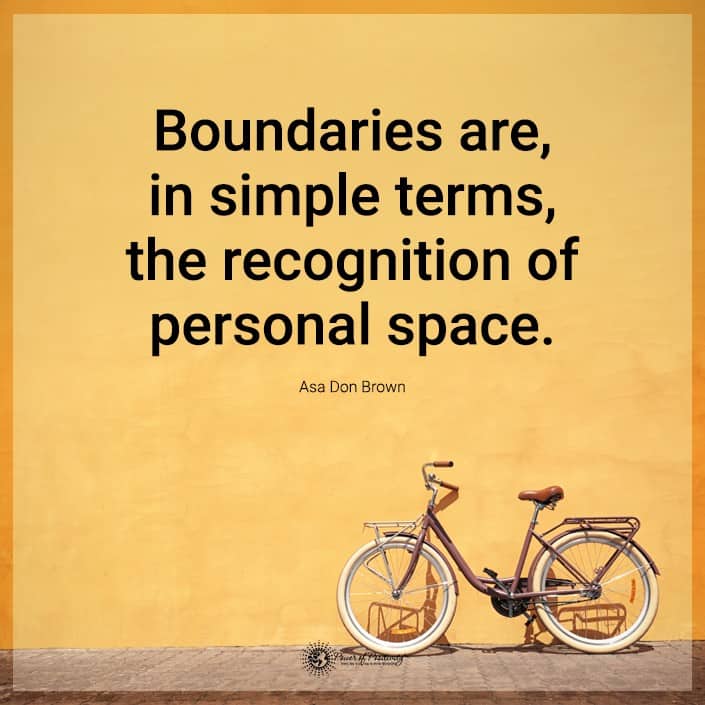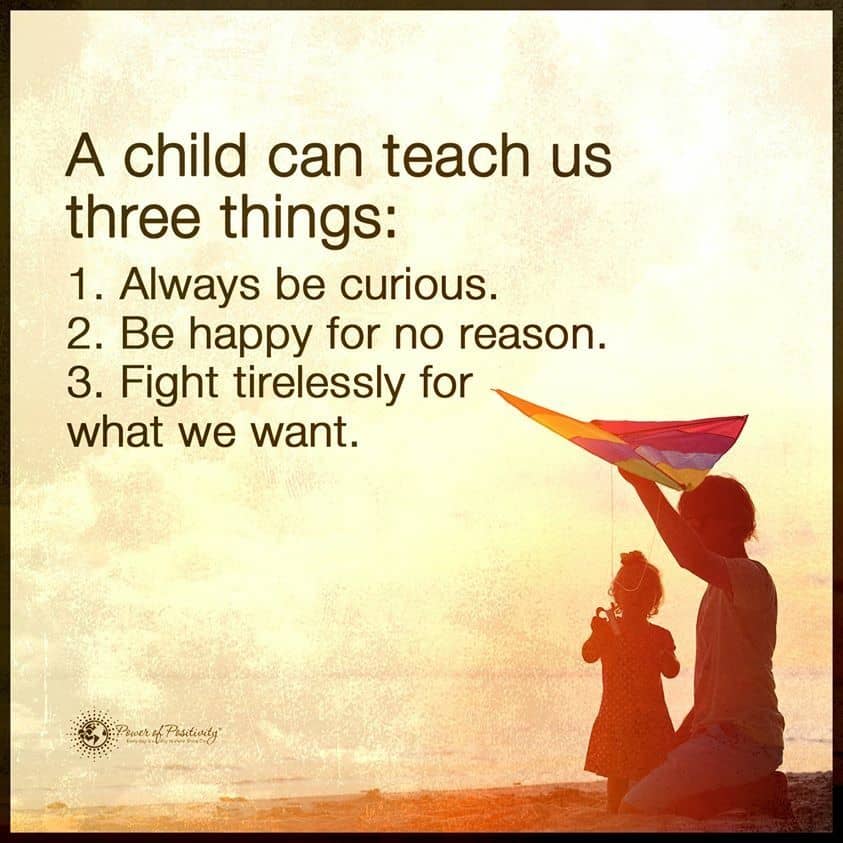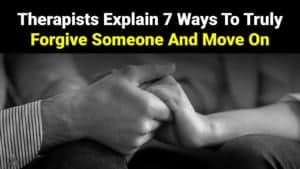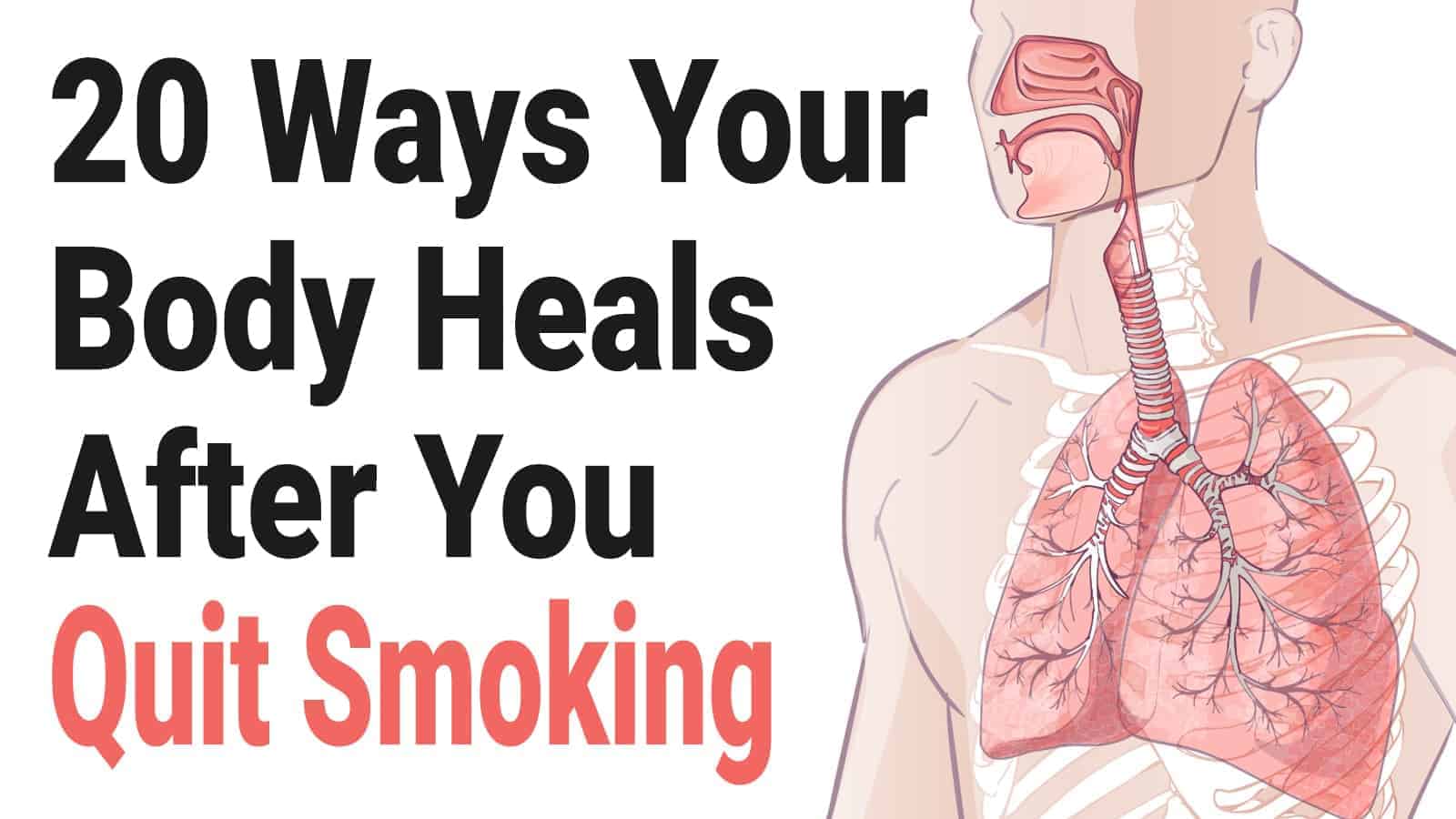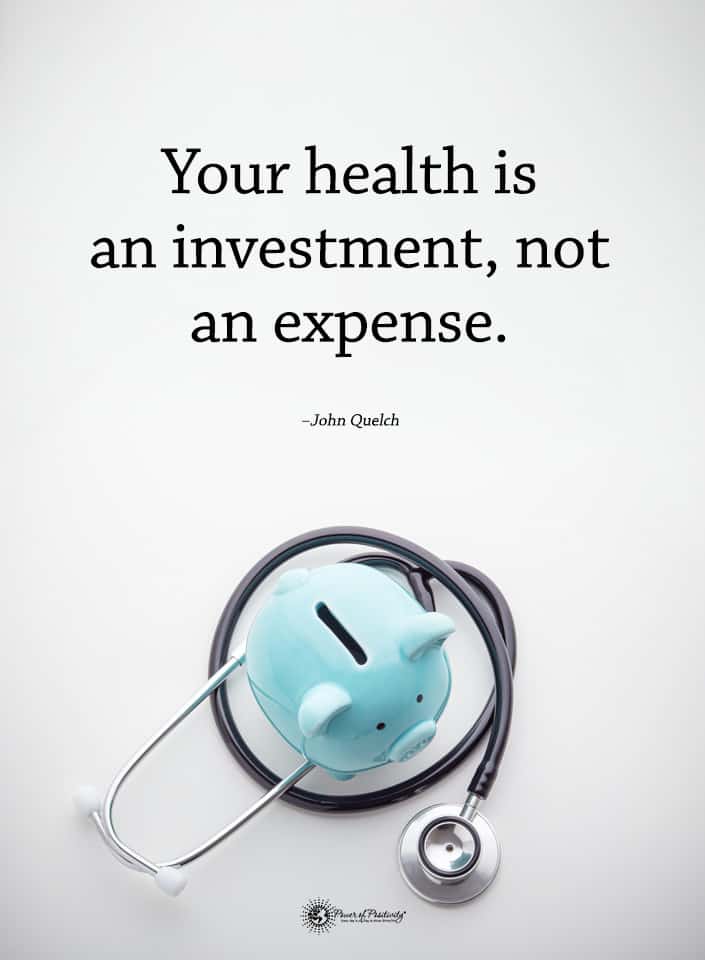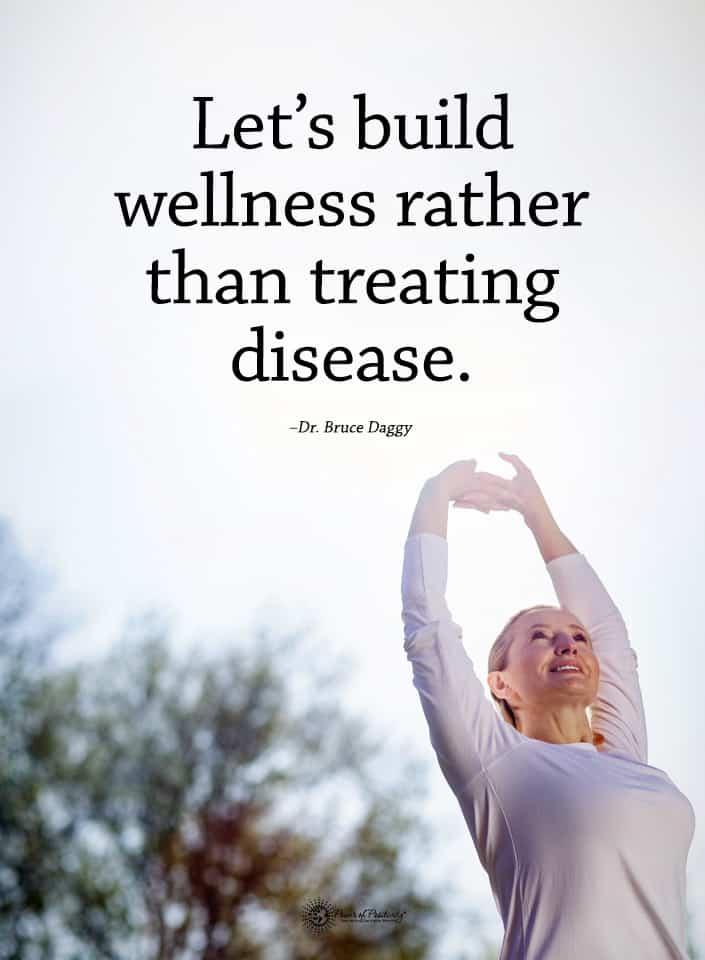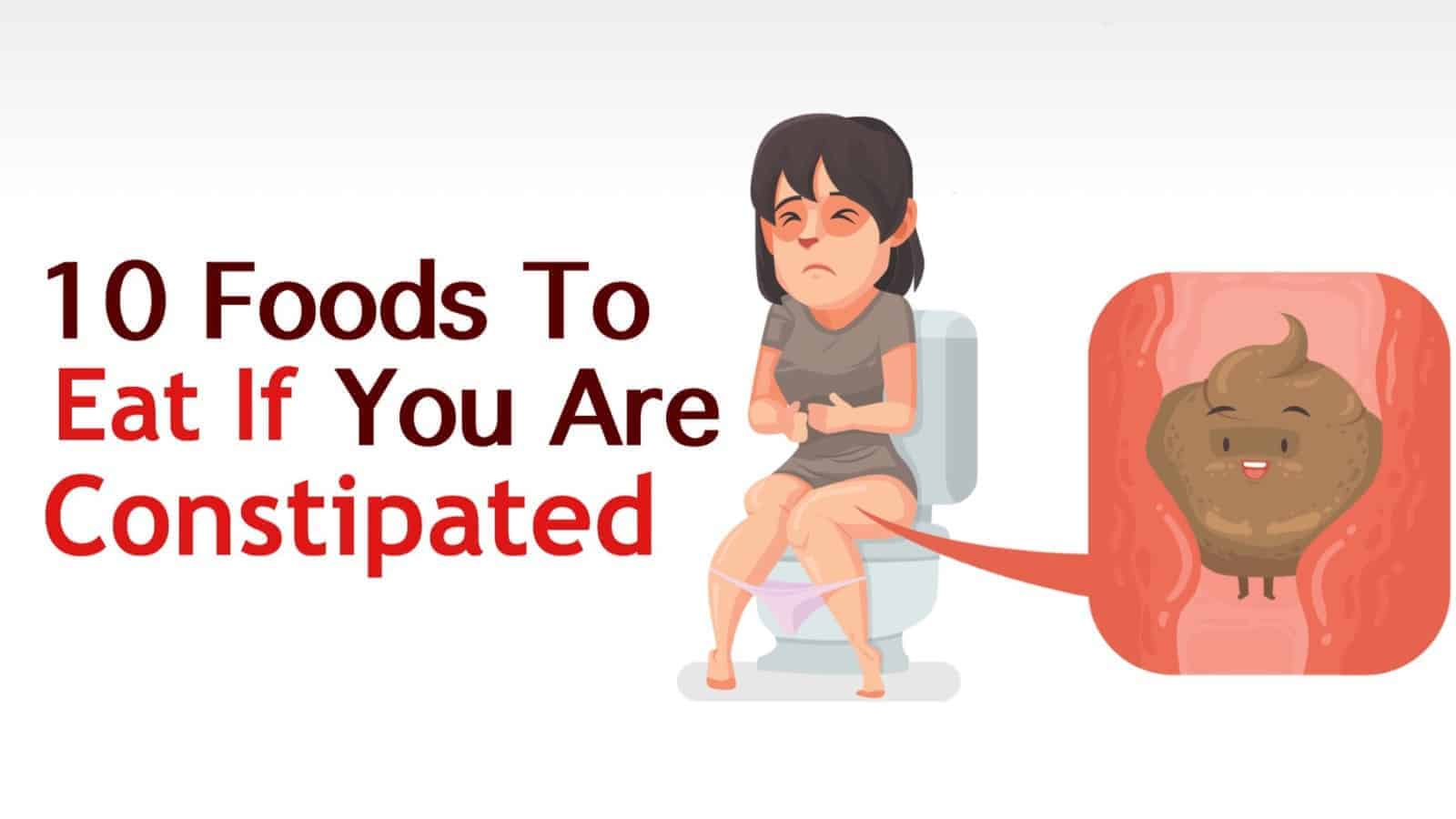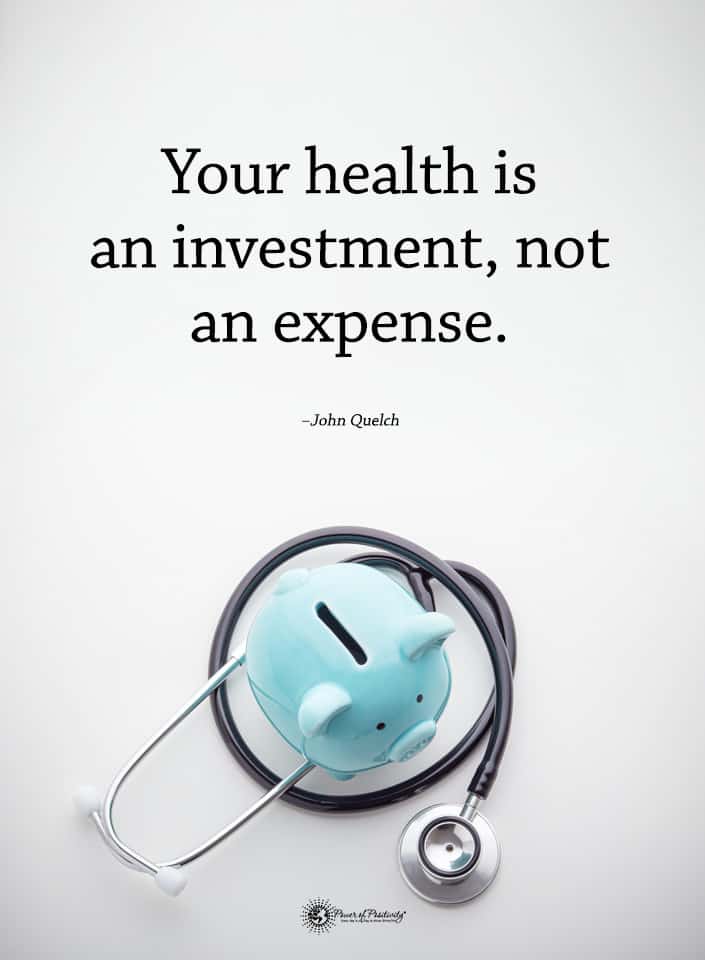Disagreements with your partner is inevitable. The question is how to settle your differences in a fair, loving way that won’t hurt your relationship. It is possible to fight fairly with your partner if you both agree on some strategies to use during your disagreement. Here are 10 strategies to help you and your partner fight fairly during those inevitable disagreements.
Talk about disagreements before they happen
Being in a relationship means you will have a disagreement at some point. So, it’s important to discuss how you want to settle disagreements before they happen. Discuss what the “house rules” should be for arguments. Decide what is off-limits to say or do such as name-calling, blame-shifting, or storming out of the room, etc. If you or your partner came from a home where arguments involved lots of yelling and door slamming, talking about how to have a fair fight may be a weird concept. Conflict resolution isn’t practiced by everyone, but it’s so helpful to relationships. Make a commitment to stick with these rules, even when you’re frustrated or angry. It’s not easy, but it is possible.
Whether you pray, meditate, or go for a walk, take a break to cool off. When you’re in the heat of the moment, it’s easy to say things you’ll regret later. Fighting fairly means you give your partner a gentle warning that you need time to cool off. In a calm way, say something like, “I need a minute to collect my thoughts. Can we talk about this in 30 minutes?” If your partner needs a break, give them some space so they can be ready to talk to you later.
-
Own your mistakes
You’re responsible for your own actions and words. Pointing to your partner’s behavior as an excuse for your angry outbursts isn’t fair. No one can make you do something you don’t want to… yelling, screaming or door slamming isn’t your partner’s fault. It’s a choice you made. It requires love and self-control to respond in a calm, gentle way when your partner is saying hurtful things. This doesn’t mean you are a robot without feelings, it just means you’re able to communicate your feelings without lashing out at your partner. You can say something like, “It’s hard for me to hear you say that. It’s hurtful. I feel like you’re attacking me right now.” Saying this expresses your feelings, but doesn’t add heat to the fire.
-
Listen more than you talk
Listening may be the hardest thing to do when you’re in the middle of a disagreement. There’s an old saying that says, “… let every person be quick to hear, slow to speak, slow to anger.” (James 1:19 ESV Bible) This is great advice during a heated disagreement. When your partner is talking, listen with your eyes and ears. Be quiet until they’re finished, then share your perspective on the disagreement. Good communication skills in a relationship begin with good listening skills.
-
Try to understand where your partner’s view
Ask lots of questions to try to understand your partner’s perspective on the disagreement. Don’t interrogate, but just ask genuine questions about what they’re saying. Say something like
- “What could I do to make you feel differently about this?”
- “Have I done something that’s tempting for you?”
“How could I do __________differently next time?” - “If I commit not to get angry, what is one thing you’d like to tell me I do that is especially tempting for you?
When you ask questions with a genuine desire to understand, your partner will feel heard and loved by you. Remember, it’s not a competition to see who “wins” the argument. You are both on the same team and striving for the same goal: a loving, healthy relationship.
-
Don’t get distracted by other topics
It’s essential to stay on topic in the middle of a disagreement. It’s easy to stray and go down a silly rabbit trail about what your partner’s mother said once or how often your partner leaves their clothes on the floor. Stick to the topic and focus on it. If you need to discuss other stuff, decide when to talk about it later. It’s tempting to go off-topic to avoid being criticized or when you want to dodge the truth. Resist the urge to get distracted and commit to working out your disagreements without getting distracted by other topics.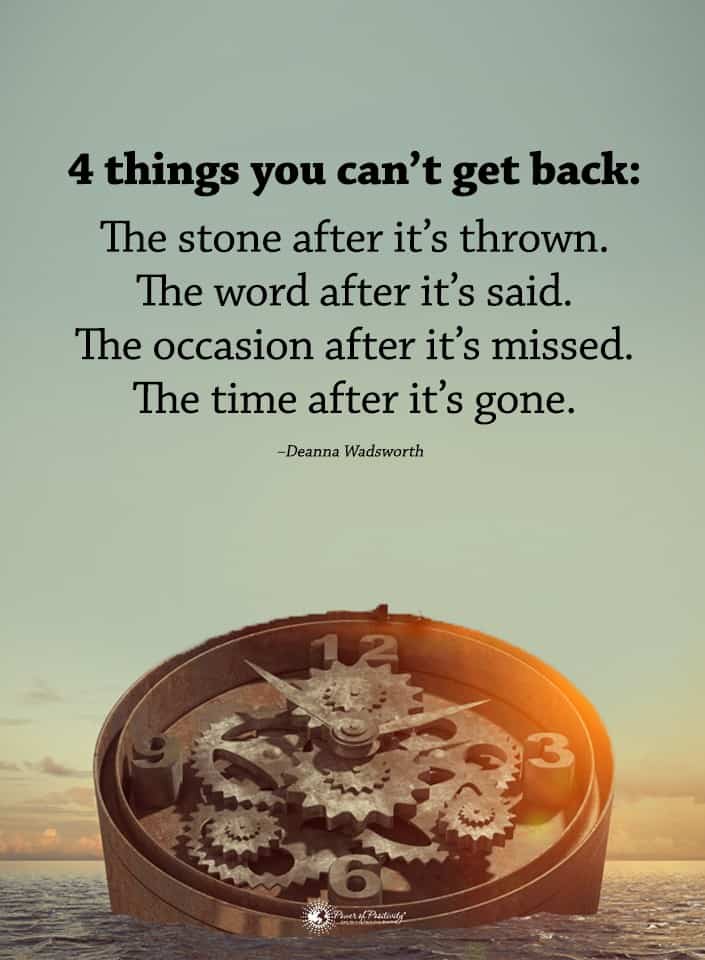
-
No name-calling
Even adults resort to name-calling sometimes in their relationships. Calling our partner names like stupid, idiot, dumb, asshole is a form of bullying. It’s unloving and hurtful. If you say that you were just kidding, your partner won’t believe you. Bullying isn’t healthy and it can ruin a relationship. One of your first house rules for disagreements should be no name-calling no matter how upset you feel.
- Don’t use “you never” or “you always”
Certain words are lightning rods in a relationship. Saying to your partner “you always” or “you never” isn’t helpful or true. When you use these phrases, it makes your partner feel attacked by you. Try to find ways to express yourself without using these phrases. Try to ask questions rather than accuse, give your partner the benefit of the doubt instead of judging their motives. Dropping phrases like “you never” and “you always” will help build trust in your relationship.
-
Show respect
The foundation of every relationship is respect. If you don’t respect your partner, you may be in the wrong relationship. When you’re in a disagreement, respect can keep you from saying hurtful things. Respect helps you work out your disagreements because your partner is important to you. Studies found that respect is a significant part of a healthy relationship. Respect fosters growth and wisdom in the relationship. Decide to make respect another important house rule for working out your disagreements.
-
Don’t bring up old arguments
When you’re in the middle of an argument, don’t bring up your partner’s past offenses. Remember you’re not in a court of the law building a case, you’re talking to your partner whom you love and respect. Having a fair disagreement means you choose to stay on the topic without bringing up things that happened in the past. If your partner does this to you, be sure to tell them how hurtful it is. Remind them that you both agreed not to fall into this kind of behavior during an argument. If they continue to list all the things you’ve done in the past, you may need to take a break from the relationship. Constantly bringing up a person’s past mistakes is toxic and it can ruin a relationship.
-
If needed, finish the argument later
It’s okay to take a break and finish your disagreement later. This gives you and your partner time to think about what you discussed. Stepping back from a disagreement can give you a fresh perspective on it and help you think clearer about how you feel. Commit to talking about the topic later, but don’t shelf it permanently. Some couples write down the topic of the argument so they don’t forget when they discuss it later. Be sure not to forget about the argument, because if you do, good chance the same issue will pop up later.
What if your partner doesn’t want to fight fairly?
Sometimes a partner doesn’t see the value for house rules or ignores them during an argument. It can seem like in spite of your best efforts to work out your conflicts fairly, your partner doesn’t want to do their part. This could be a red flag about your relationship. It may be helpful for you both to see a counselor to work on your communication skills. Counselors can also provide mediation if there’s one topic that you never seem to resolve. If your partner doesn’t want to seek help, it could mean you need to rethink this relationship.
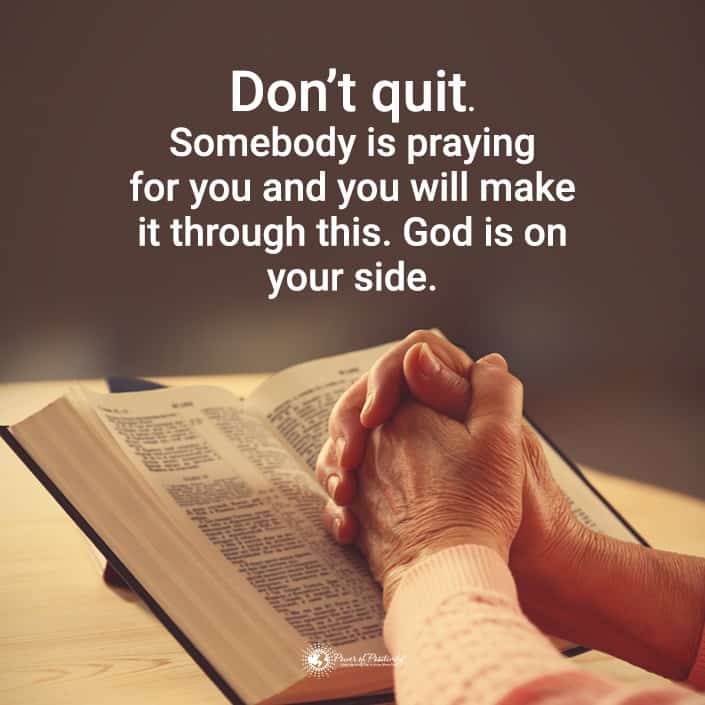 Final thoughts on settling disagreements fairly
Final thoughts on settling disagreements fairly
Relationships are hard work. Part of the hard work in a healthy relationship is how to settle disagreements. Conflict resolution involves deciding your house rules for solving arguments before you have an argument. If you grew up in a home where conflicts were screaming matches with lots of name-callings, it may seem weird to create rules to fight fairly. Remember, disagreements aren’t a competition to see who wins, but an opportunity for your relationship to grow in trust and love for one another.

